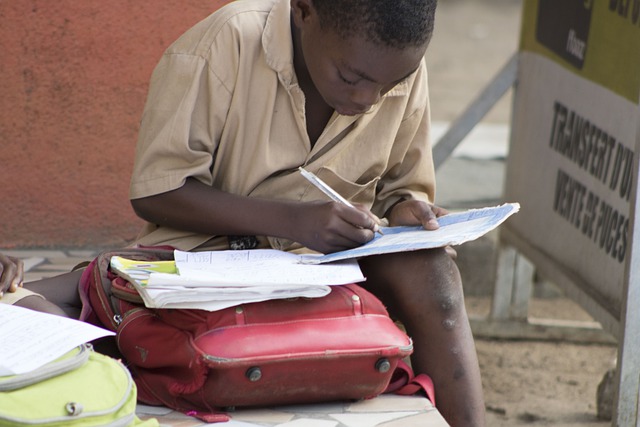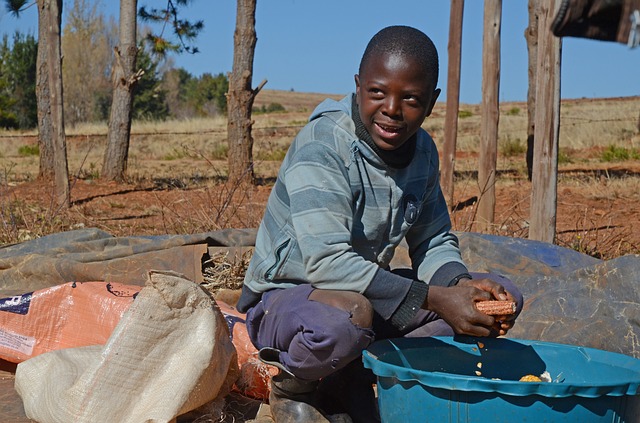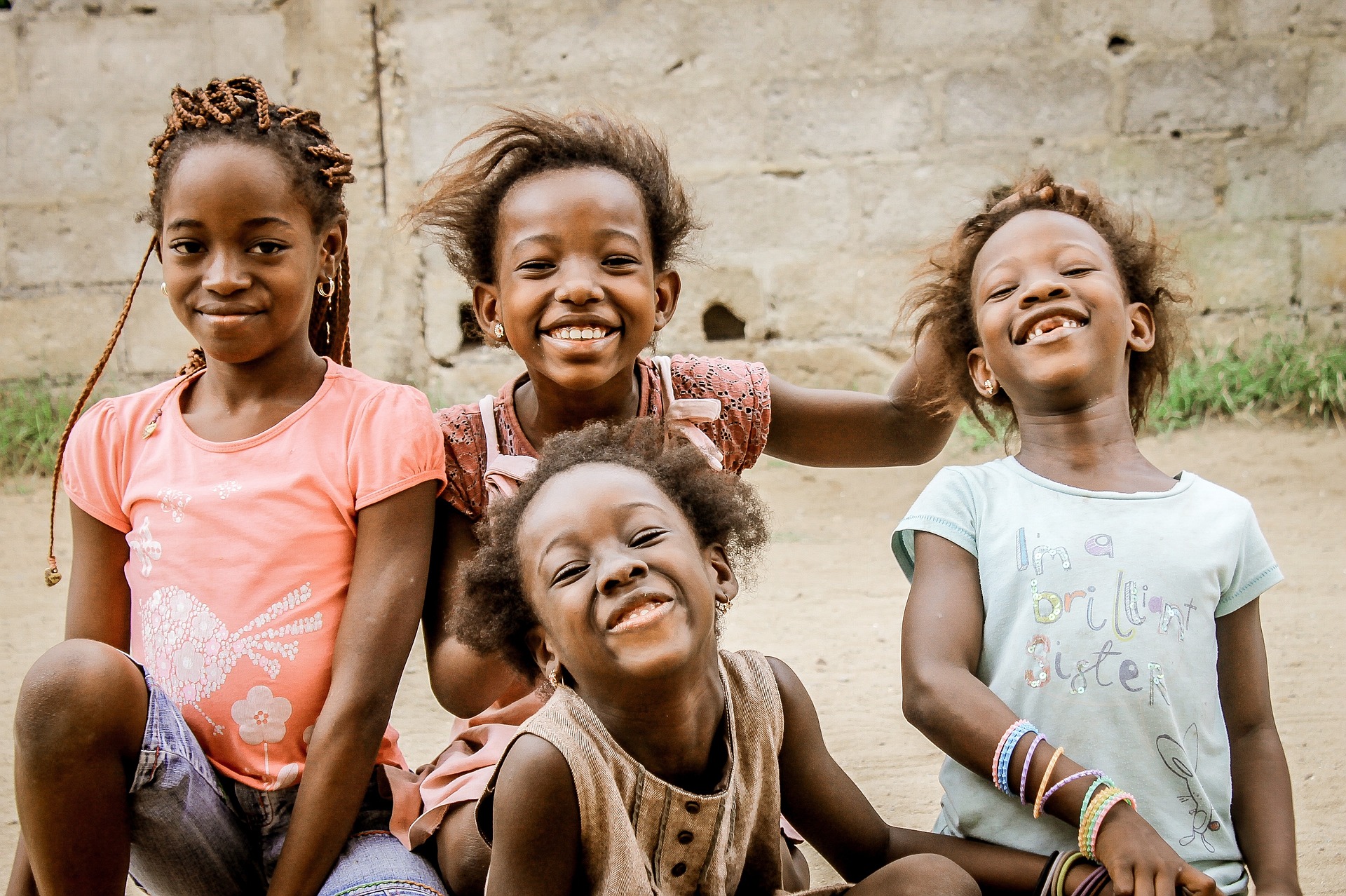Gauteng, South Africa
31 January 2021
By Delsie N. Holland
The planet has seen dramatic changes in the past year and most of these changes have directly affected every single one of us. Most countries enforced lockdown regulations that lasted for a long period of time all in attempt to lower the spread of this deadly killer covid-19. As the countries were put to a standstill and people were told to stay at home, the educational systems suffered a great disadvantage while the ministers tried to figure out what they could do in order adapt to the situation.

In this article I will be discussing what effects these measures have on the South African scholar.
Rewind to the year 2019, factors such as high drop out rates are one of the major challenges that are being faced by students. Based on the research done by the department of basic education (2015) the South African dropout rate is at a rather high number with 60% of first graders eventually dropping out before they even reach 12th grade and by 12th grade only 52% of the age appropriate population remain enrolled.
Repeating a grade in primary school is not new to society but it does have a rather incredibly lower rate than when the learners reach high school. Learners from grades 9-11 have been recorded as the ones with the highest repeat rate with grade 10ns as the peak with a record of 22% in 2017 (department of basic education, 2018) Most learners end up repeating grades 11 and 12 more than 3 times and this usually leads to having irregular amounts of learners who are older than the classes average age.
Other points that contribute to the high dropout rate include;
(I) Teenage pregnancy; irrespective of the education received in Life Orientation on sexual activities, HIV/AIDS and STI’s, the teenage pregnancy rate is still one of the biggest challenges.
(II) Financial issues,
(III) Substance abuse
(IV) Health related issues
(V) No support or motivation to finish schooling/ entertaining the idea that school is not relevant to their lives. In regard to the lack of interest in their education, these pupils usually end up dropping out.
(VI) Cost of education

Since the pandemic started and lockdown regulations where enforced, new challenges have arisen and a lot of these affect the schooling system. Based on the research that I have conducted via interviews; I have gathered some information on how the economical turnover has affected the South African student.
Interviewees:
• Michelle Phiri (had a tutor who was helping with school work.), grade 3.
• Bongiwe Seleme, grade 7.
• Thabisile Nicky Nkala, grade 7.
• Essie Ncube, 13 years old, grade 7.
The students were all asked questions on their learning experience during the year 2020. Their responses were as follows;
What would you say has been the biggest challenge learning during the pandemic?
• Not being able to touch my friends when I play with them. Break time is just not as fun as it used to be. (Michelle)
• Going back to school after such a long period of not being in a class is very hard. Most of us have lost interest in studying because we feel as if we have fallen too far behind and there is no hope for passing. (Thabisile)
• Due to unavailability of extra time, teachers were not able to fully explain some of the school work to us and that left us in confusion during examinations. (Tebogo)
How is attending classes different? (In regard to the dramatic change in school hours)
• We have been divided into different groups. One group will come in for the morning shift which is from 07am to 11am and then the afternoon group will come in from 11am to 16pm. (Essie, grade 7)
• They divided us into groups, one group will come in on Mondays and Wednesdays and every alternative Friday and the other will come in on Tuesdays, Thursdays and every alternative Friday. (Thabisile, grade 7)
• We have been divided based on the first additional languages that we study. And each group will come in for a week and then have the week off while the other will also do the same thing i.e. This week the Zulu group will come to school and the Setswana one will stay at home and then next week the Setswana learners will attend while the Zulu group stays at home. (Tebogo, grade 7)
How has the change in the attendance system affected your school work?
• Its really been a struggle because going to school in the afternoon is not very nice. We also have no motivation or energy to focus in class. ( Essie, grade 7)
• We are so behind on work and haven’t been in class for a long while so it’s hard to just get back to work and act like nothing happened, nothing is the same anymore. (Thabisile, grade 7)
• I had a lot of work to do and very little time to do it. All of the work from the whole year had piled up and they expected us to memorise six months’ worth of work in a matter of a few weeks and that was incredibly stressful (Tebogo, grade 7)
A few more general questions were asked and the children showed very little enthusiasm in the current schooling system. Not only are they affected by the humongous amount of school work that has been placed on their shoulders, but also the lingering constant fear that they too may contract the deadly virus.
Before going back to the classrooms, schools had to find a way to connect the students to the teachers. Most schools here in South Africa utilised the WhatsApp platform to send schoolwork to parents via groupcasts. Then the parents would have to assist their child at home. This in itself was a very big challenge for most because;
• Some parents do not understand their children’s’ schoolwork so it’s hard for them to teach their child something that they themselves do not understand.
• Some learners could not afford to buy data to connect to the internet and get said schoolwork.
• Network and connectivity issues for children from rural areas.
• Some learners do not have devices to connect them to the internet.
• Learners did not receive individual attention from their teacher and so the push needed to assist in their studies was unavailable.
In conclusion, the pandemic has had a very large unforgiving effect on the parent, the teacher and the student. Although the department of education has tried to help and keep the students safe from this virus, while giving them the platform to continue with their education; doubts that their efforts are enough will always be around. In the next article, I will discuss more challenges being faced by the African students and solutions that can be implemented to assist them


Recent Comments